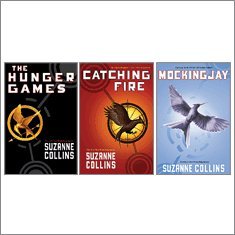 Scott Westerfeld’s Leviathan is an alternate history steam punk mg book, and I loved every minute of it.
Scott Westerfeld’s Leviathan is an alternate history steam punk mg book, and I loved every minute of it.
Setting the Scene
The book takes place in Europe at the start of WWI. In fact, the book begins with the assassination of Franz Ferdinand and his wife, the spark that ignited the war. It then follows Alex, the fictional son of the archduke as he flees, running for his life to escape sharing the fate of his parents. Meanwhile, Deryn, a Scottish girl in England, disguises herself as a boy named Dylan in order to join the British air force.
Usually when a book is split between two main characters, following one for a couple chapters than another for the a couple more chapters, I find myself not caring much about what is going on with one of the characters. I just want to get back to the character I am relating to. In this book, though, I found both MCs to be equally engaging. I found both voices to be incredibly engaging and while I was upset when each character’s section ended, I was quickly wrapped back up in the story of the other character.
Great Use of Voice
And that brings me to the next thing I loved. The individual voices. I felt that Westerfeld was incredibly successful in creating two distinct voices. There was never a doubt in my mind as to which POV I was following. I have read a lot of literature urging authors not to split the POV, but if all authors were able to do it with the ease in which Westerfeld accomplished this, I think it would not be seen as such taboo.
My one complaint is that the book ends before the story is over, being a trilogy and all. But, for anyone thinking of picking the book up, which I highly recommend, the sequel, Behemoth, is coming out Oct. 5, so there won’t be much of a wait.


